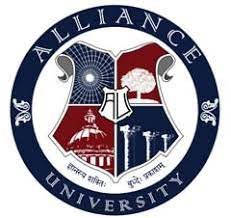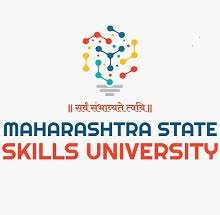Understand the eligibility criteria for admission and get details about the program's fee structure. Ensure you meet the requirements and plan your academic and financial path accordingly.
Eligibility Criteria and Fee Structure for M.Tech Cloud Computing
Cloud Computing has revolutionized the way businesses and organizations manage their IT infrastructure and data. Pursuing a Master of Technology (M.Tech) in Cloud Computing can equip you with advanced skills and knowledge in this dynamic field. In this guide, we will explore the eligibility criteria and fee structure for an M.Tech in Cloud Computing program.
M.Tech In Cloud Computing Eligibility Criteria
1. Educational Qualifications:
To be eligible for an M.Tech in Cloud Computing program, candidates typically need to have completed a Bachelor's degree in a relevant field. The relevant field usually includes Computer Science, Information Technology, Electronics and Communication Engineering, or a related discipline.
2. Minimum Percentage:
Most universities and institutions require candidates to have a minimum aggregate score of 50-60% or equivalent in their Bachelor's degree. However, specific eligibility criteria may vary from one institution to another.
3. Entrance Exams:
Many universities and technical institutes conduct entrance exams for M.Tech admissions. Candidates need to qualify in these exams to be considered for admission. Common entrance exams for M.Tech programs in India include GATE (Graduate Aptitude Test in Engineering) and university-specific exams.
4. Work Experience:
Some M.Tech programs may prefer candidates with prior work experience in the IT industry, particularly in areas related to cloud computing.
5. English Language Proficiency:
For international students or those from non-English speaking backgrounds, proof of English language proficiency through tests like TOEFL or IELTS may be required.
6. Interviews and Group Discussions:
Certain institutions may conduct interviews or group discussions as part of their admission process to assess a candidate's communication and analytical skills.
7. Recommendation Letters:
Some universities may request letters of recommendation from professors or professionals who can vouch for the candidate's academic and professional capabilities.
M.Tech In Cloud Computing Fee Structure
The fee structure for an M.Tech in Cloud Computing program can vary widely depending on factors such as the institution's reputation, location, and whether it is a government-funded or private institution. Here's a general overview:
1. Government Institutions:
Government-funded technical universities and colleges generally have lower tuition fees for M.Tech programs compared to private institutions. The annual fees at government institutions can range from INR 10,000 to INR 50,000 for Indian students. International students may have different fee structures.
2. Private Institutions:
Private technical colleges tend to have higher tuition fees. The annual fees at private colleges can vary significantly, ranging from INR 50,000 to INR 2,00,000 or more, depending on the institution's reputation and facilities.
3. Scholarships and Financial Aid:
Many institutions offer scholarships and financial aid programs based on academic performance, GATE scores, or financial need. It's advisable to check with a specific college or university for information on available scholarships.
4. Additional Costs:
In addition to tuition fees, students should budget for other expenses such as accommodation fees, textbooks, laboratory charges, and living expenses.
5. International Students:
International students may have different fee structures and may need to pay higher tuition fees than Indian students. It's essential to contact the institution's international admissions office for details on fees, scholarships, and visa requirements.
 2 Years
2 Years
 Post Graduate
Post Graduate
 Engineering
Engineering
 Full Time
Full Time















 back
back

